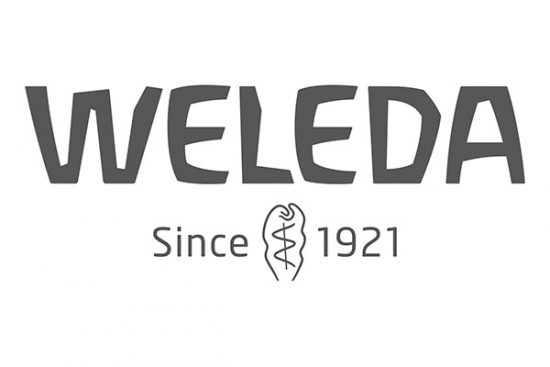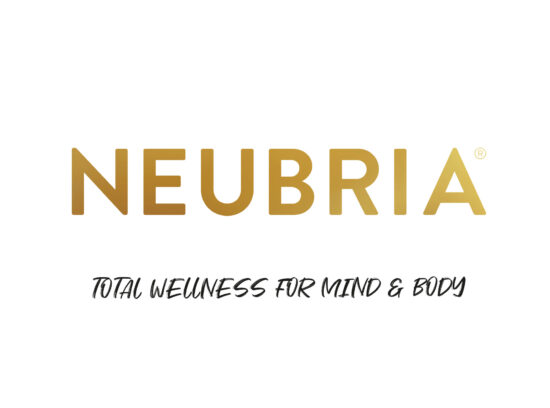Vitamin D is essential for calcium absorption, maintaining healthy bones and teeth, supporting a healthy immune system and contributing to normal muscle function.
Our skin produces Vitamin D when exposed to UV light and this is how we get the majority of this vital vitamin. The sun’s ultraviolet B rays (UVB) are absorbed by cholesterol in the skin and is then synthesised into Vitamin D. However, for this to happen the UV index has to be higher than 3 which means that in Winter our skin does not produce Vitamin D, even on sunny days.
When summer comes and the UV index starts to climb, we use sun protection which is usually higher than SPF15 thus making it impossible for our skin to absorb any UV.
Which foods are rich in Vitamin D?
Vitamin D is naturally found in several animal products and some fortified foods such as breakfast cereals. Foods that contain Vitamin D include:
Oily Fish (Tuna, Mackerel, Salmon)
Eggs
Dairy products (milk & cheese)
Beef Liver
One would think that a varied diet would give you enough Vitamin D however a typical diet is thought to provide Only 10% of our daily required intake of vitamin D.
Check out this Food Calculator to have an idea of how much vitamin D you are taking: https://betteryou.com/how-much-vitamin-d-is-in-my-diet-vitamin-d-food-calculator
Who should consider taking a vitamin D supplement?
Everyone should consider a vitamin D supplementation during the winter months; however some groups are more at risk than others and an all year round supplementation would be recommended.
These risk groups include:
- Infants and children under the age of 5
- Older people aged 65 and over
- People who have low or no exposure to the sun
- People who have darker skin
- Pregnant and breastfeeding women
Are we really becoming deficient in sunny Malta?
Vitamin D deficiency is a worldwide issue that effects even those of us living in Malta.
Why is it a problem when we have more sunny days than most other European Countries?
Our skin produces vitamin D when exposed to UVB rays but the UV index needs to be greater than 3 which is never the case in Winter.
Because of the dangers of UV rays, in summer we now use high factor sunscreens that do not let our skin absorb UVB.
What are the signs of Vitamin D deficiency?
- Aching Bones
- Weak Muscles
- Feeling Low
- Constant coughs and colds
If you suspect you are deficient or fall under a group that needs to supplement with Vitamin D, speaking to your doctor. A simple blood test will determine your level of Vitamin D.













